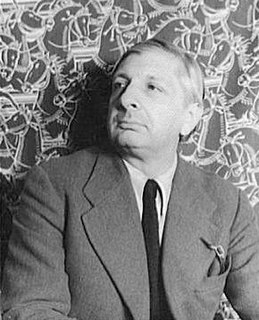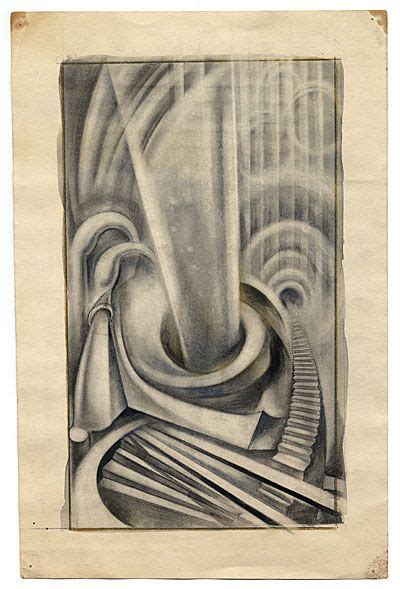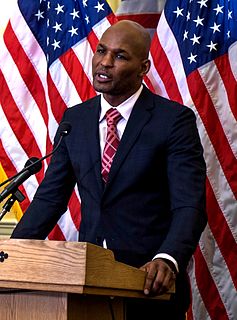A Quote by Thomas Jefferson
Laws are made for men of ordinary understanding and should, therefore, be construed by the ordinary rules of common sense. Their meaning is not to be sought for in metaphysical subtleties which may make anything mean everything or nothing at pleasure.
Related Quotes
Mathematics is often erroneously referred to as the science of common sense. Actually, it may transcend common sense and go beyond either imagination or intuition. It has become a very strange and perhaps frightening subject from the ordinary point of view, but anyone who penetrates into it will find a veritable fairyland, a fairyland which is strange, but makes sense, if not common sense.
The two basic maxims of the so-called historical criticism are the postulate of the common and the axiom of the ordinary. Postulate of the common: everything really great, good, and beautiful, is improbable, since it is extraordinary and therefore at least suspect. Axiom of the ordinary: our conditions and environment must have existed everywhere, for they are really so natural.
Constitutions are not designed for metaphysical or logical subtleties, for niceties of expression, for critical propriety, for elaborate shades of meaning, or for the exercise of philosophical acuteness or judicial research. They are instruments of a practical nature, founded on the common business of human life, adapted to common wants, designed for common use, and fitted for common understandings.
The only method of restoring the natural equality of dignity between men and women, lies in the demolishment of that elaborate theological structure which maintains that woman is made for the possession of man in a sense in which man is not made for woman, and that celibacy, per se, is a state of superior purity. Nature and common sense (not metaphysical sense) demonstrate that there is no good reason why any man or any woman should take, claim, or wield "lordship" over another.
I mean a man whose hopes and aims may sometimes lie (as most men's sometimes do, I dare say) above the ordinary level, but to whom the ordinary level will be high enough after all if it should prove to be a way of usefulness and good service leading to no other. All generous spirits are ambitious, I suppose, but the ambition that calmly trusts itself to such a road, instead of spasmodically trying to fly over it, is of the kind I care for.
When I so pressingly urge a strict observance of all the laws, let me not be understood as saying there are no bad laws, nor that grievances may not arise, for the redress of which, no legal provisions have been made. I mean to say no such thing. But I do mean to say, that, although bad laws, if they exist, should be repealed as soon as possible, still while they continue in force, for the sake of example, they should be religiously observed.
It is a pity to make a mystery out of what should most easily be understood. There is nothing occult about the thought that all things maybe made well or made ill. A work of art is a well-made thing - that is all. It may be a well-made statue of a well-made chair or a well-made book. Art is not a special sauce applied to ordinary cooking; it is the cooking itself that is good. Most simply and generally, Art may be thought of as "The Well Doing of What Needs Doing."

































